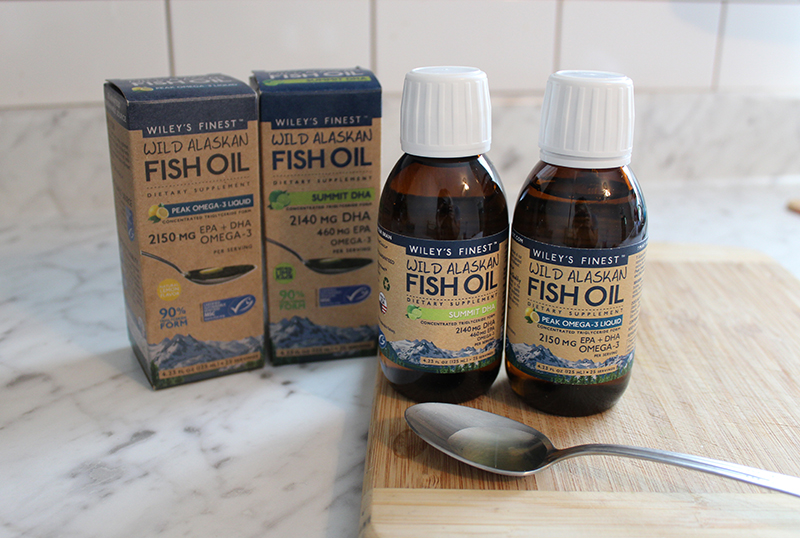We learned in high school that vitamins, minerals, and certain fats are required to live in good health. If we don’t consume essential nutrients, we can become deficient.
Most of us could be healthier. Most of us need much more of an essential nutrient: omega-3 fatty acids. The good news? There’s an incredibly simple solution.
A recent and important report* showed that among young and old, among African Americans, Asians, Caucasians, and Hispanics, regardless of education and income level, we are all consuming way too little EPA and DHA omega-3. At the same time, these fatty acids from fish and seafood are essential for healthy brains and hearts, among other things.
On average, we’re getting 100 mg EPA and DHA a day; we need at least 250 mg a day just to meet essential health needs and more for better health.
Here’s the simple solution:
- Eat more fish. A deep-water fish like salmon once a week will go a long way to supporting your health. Canned salmon is affordable and makes a great sandwich or casserole.
- Take fish oil in capsules. This is an excellent way to boost your consumption of EPA and DHA.
- Offer flavored liquid fish oil to your kids or elders. There’s no fishy taste and it’s easy going down.
Our health matters. Use this simple solution to improve yours.
*Data from the National Health and Nutrition Examination Survey (NHANES). NHANES is a national program that began in the 1960s to assess health and nutrition status of adults and children in the US. Results from NHANES directs national health and nutrition programs.
Gretchen Vannice is the Director of Nutrition Education and Research for Wiley Companies. She is a nationally recognized expert, author, and speaker in omega-3 research and education.
Disclaimer: This information is offered for educational purposes only. It is not intended as medical advice of any kind. The educational information provided is not intended to diagnose, treat, mitigate, or cure any disease nor has this been reviewed or approved by the FDA.
Scientific references available upon request.



